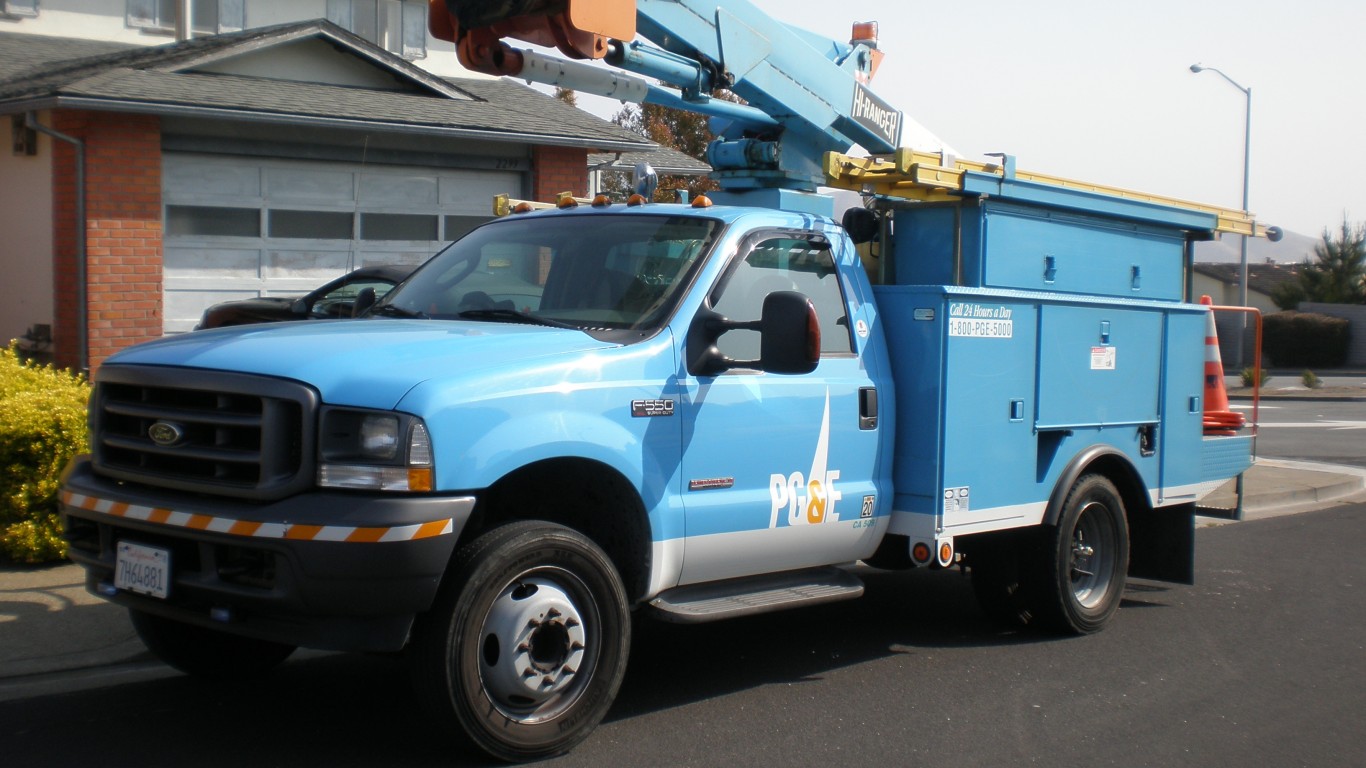Energy
PG&E's Only Duty Is to Company and Shareholders: Blue Mountain Capital

Published:
Last Updated:

In a letter to the board of PG&E Corp. (NYSE: PCG) Thursday morning, Blue Mountain Capital Management called the utility’s planned bankruptcy filing “damaging, avoidable, and unnecessary.”
Blue Mountain, which claims $21 billion in assets under management, including an undisclosed number of PG&E shares, calls into question PG&E’s implied claim of insolvency — the basis for many bankruptcies — and the board’s determination that a bankruptcy filing is “in the best interest of all stakeholders.” PG&E is solvent according to Blue Mountain, and the board’s duty is to “act in the best interests of the Company and its shareholders, and not in the best interests of all “stakeholders.”
A Chapter 11 filing, according to Blue Mountain, “will destroy value for the Company and in particular its shareholders — the only groups to which you owe a duty.”
Regardless of one’s sympathies with that view, Blue Mountain has a point. At the time of its third-quarter financial filing, PG&E listed a property plant and equipment value of about $71.4 billion. In its recent SEC filing noting its plans to file for bankruptcy, the company said its total liability for 2017 and 2018 fires could total more than $30 billion. The company’s market cap, however, has fallen to around $3.5 billion from around $24.6 billion in October and a five-year high around $35 billion in July 2017.
What Blue Mountain and other shareholders may be worried about, beyond the loss of their investments in PG&E’s common stock, is a liquidation sale that would undervalue the utility’s vast assets. The company, according to Blue Mountain, has “ample liquidity to operate its business … Hence, at the very least, the Board should wait to take its case to shareholders at the upcoming annual meeting.”
A different view might be that PG&E’s board has operated in its own bubble for so long that it needs a makeover. Recall that in August 2016, the utility company was convicted of six felony counts related to the San Bruno, California, explosion in 2010 that killed eight people and destroyed an entire neighborhood. For that incident, the company paid the maximum fine of $3 million and the company was a branded a convicted felon.
One result of PG&E’s felony conviction is regular probation hearings. In a ruling from U.S. District Court Judge William Alsup Thursday morning, the company has been directed to comment on the judge’s finding that the 2017 and 2018 northern California wildfires were due, in part at least, to the company’s uninsulated power conductors. While the San Bruno explosion was caused by a defective natural gas line, the similarity between the explosion and the fires is PG&E’s callous disregard for protecting its customers, one assumes in favor of its duty to protect and enhance shareholder profits.
Perhaps Blue Mountain is right and PG&E’s first duty is to shareholders and the company. In that case, bankruptcy seems a fitting choice.
The Average American Is Losing Momentum On Their Savings Every Day (Sponsor)
If you’re like many Americans and keep your money ‘safe’ in a checking or savings account, think again. The average yield on a savings account is a paltry .4%1 today. Checking accounts are even worse.
But there is good news. To win qualified customers, some accounts are paying more than 7x the national average. That’s an incredible way to keep your money safe and earn more at the same time. Our top pick for high yield savings accounts includes other benefits as well. You can earn a $200 bonus and up to 7X the national average with qualifying deposits. Terms apply. Member, FDIC.
Click here to see how much more you could be earning on your savings today. It takes just a few minutes to open an account to make your money work for you.
Thank you for reading! Have some feedback for us?
Contact the 24/7 Wall St. editorial team.